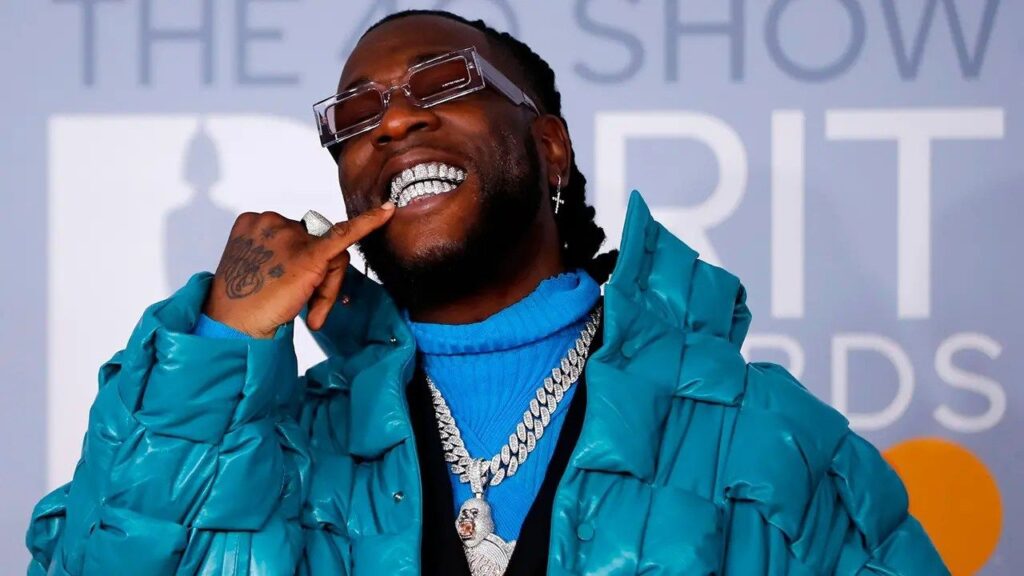Multi-award-winning Nigerian Afrobeat singer, Damini Ogulu, popularly known as Burna Boy, on Wednesday made his Twitch debut during a late-night “In The Booth” session with popular streamer PlaqueBoyMax.
The session, which drew thousands of live viewers as he discussed music, creativity, and life across continents, quickly went viral and featured an engaging mix of conversation, freestyle performances, and humorous fan interactions.
Burna Boy used the platform to reveal that he has three upcoming projects in the works, offering insights into his creative process and reaffirming his long-standing insistence on writing all his own lyrics.
He explained that authenticity remains at the heart of his music, describing songwriting as a deeply personal act that defines his artistry.
READ ALSO:
In one of the night’s most reflective moments, Burna Boy spoke about his preference for living in Nigeria over the United States, citing concerns about the high incarceration rates in America and the loss of personal freedom he believes artists often experience abroad.
“There’s more freedom at home,” he noted, emphasizing that his roots and creative independence are better protected in Nigeria despite its challenges.
The atmosphere turned light-hearted when a viewer with the username “Davido,” referencing Burna Boy’s well-known music rival, gifted several subscriptions during the stream.
The moment sparked laughter and playful reactions from both Burna and PlaqueBoyMax, sending fans into a frenzy in the chat and on social media.
PlaqueBoyMax, known for his “In The Booth” series that blends live studio energy with real-time fan engagement, has hosted several international acts, but Burna Boy’s appearance marked one of the show’s biggest crossover moments yet.
The stream highlighted the growing connection between African artists and global digital platforms, with Burna Boy embracing Twitch as a new way to reach his audience directly.
By the end of the night, Burna Boy’s Twitch debut had become more than just a freestyle session; it was a statement about authenticity, cultural pride, and artistic freedom.
His appearance reinforced his position not just as one of Africa’s most successful musicians, but as a global voice redefining how artists connect with fans in the digital era.















